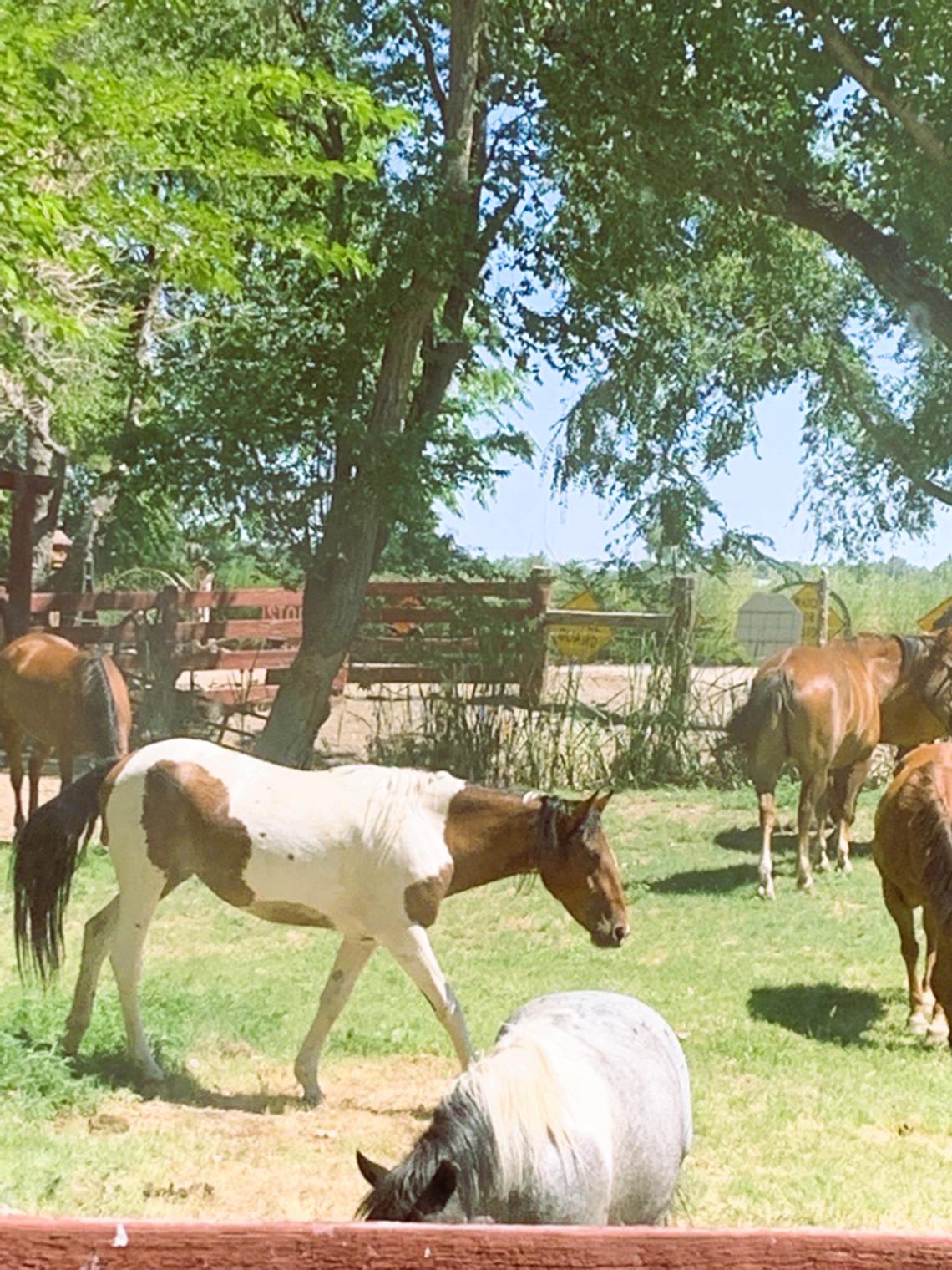Churchill County released information on Friday, September 8, that during routing testing conducted by the Nevada Department of Agriculture and the Churchill County Mosquito & Noxious Weed Abatement District last week, three positive mosquito pools for West Nile Virus were found in Churchill County.
The Mosquito Vector and Weed Abatement District has fogged the affected areas over the past week and will continue to treat and test these areas in the future. Please contact the district at (775)423-2828 for details on these operations.
West Nile virus can be transmitted to humans from the bite of infected mosquitoes and make people sick. Protect yourself by applying insect repellant contacting DEET, picaridin or oil of lemon eucalyptus; wearing loose, long-sleeved light-colored shirt and pants and avoiding the areas containing infected mosquitoes at dusk and dawn when the insects are most active.
If you are bitten by a mosquito and develop flu-like symptoms within 14 days, see your doctor immediately.
Removing standing water in toughs, gutters, barrels, pans and the like further reduces conditions favorable to mosquito breeding.
Horse owners are urged to vaccinate their animals against the disease which can cause severe illness in a horse’s brain, spinal cord and nervous system.
“Vaccination and reducing exposure are the best protection horse owners have for their animals,” said Dr. JJ Goicoechea, director of the Nevada Department of Agriculture. “Vaccinations are very effective in protecting horses from West Nile Virus.”
West Nile Virus has been present in Nevada for the past 20 years and is especially prevalent following wet winters. For more information on West Nile Virus, visit the Centers for Disease Control or the Nevada Department of Agriculture.










Comment
Comments